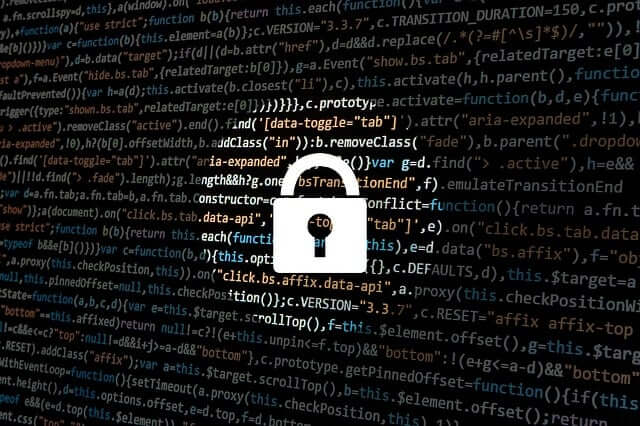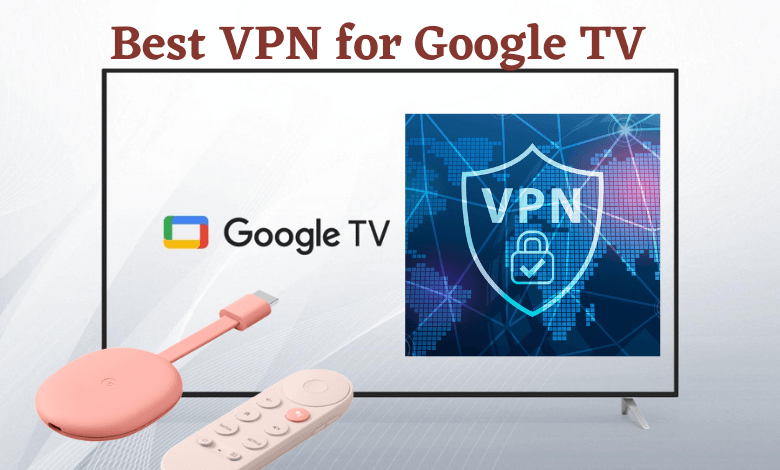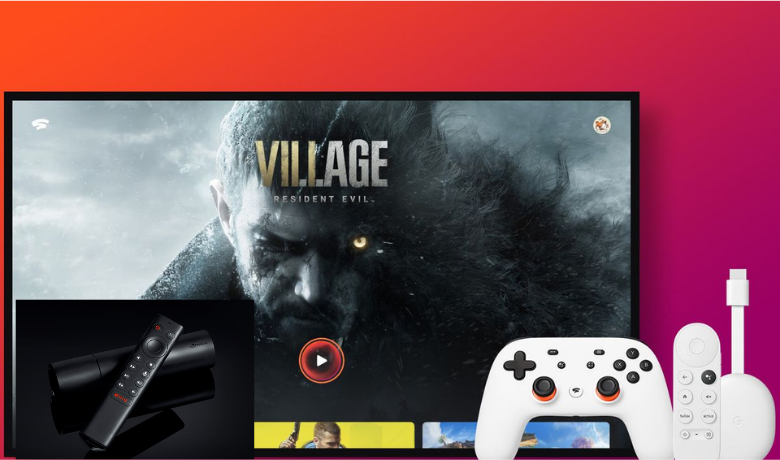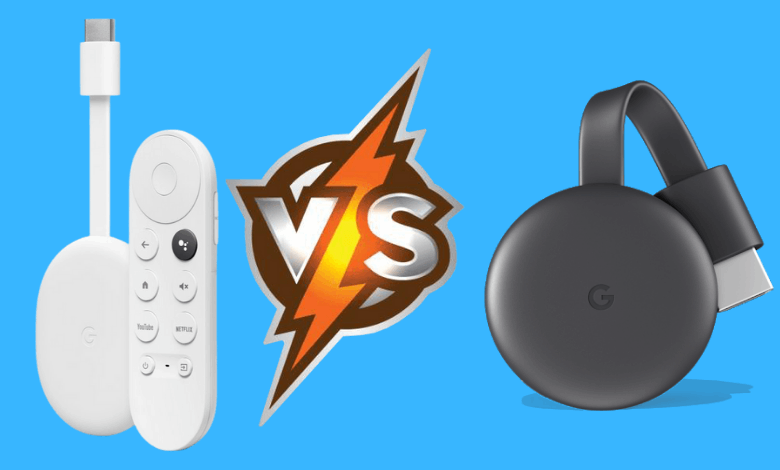Securing our online activities is important in our connected digital world. VPNs and VDI services are two popular solutions for cyber protection. To safeguard our online presence, we must understand VPN vs VDI. Read on to learn more.
VPN: Securing Connections, Hiding Identities
When we talk about VPN vs VDI, the first thing to know is that VPNs focus on securing your internet connection. These tools keep your online activities private. They let you browse the internet safely on public Wi-Fi and access blocked content.
A VPN is more than just encryption. It is a strategic safeguard against new cyber threats. Besides the basics, many VPNs have extra features like multi-hop connections. These connections send your data through many servers to increase security.
When you use a VPN, your data remains secure. It goes through safe pathways to keep your privacy protected from online dangers. It also keeps your online activities private and protects you from cyber threats.
VDI: Bringing Your Desktop Anywhere
But, VDI services go beyond securing connections to enhance online security. VDI allows users to access a virtualized desktop environment from any device, anywhere.
It’s like carrying your computer with you but without the physical device. This is especially helpful for businesses that focus on remote work. It can also help businesses that want centrally managed devices.
What Does VPN Offer?
VPN Encryption
A VPN encrypts your data to make it unreadable. The system encrypts the data and sends it through a secure tunnel to its destination. This keeps it safe from unauthorized viewers.
This encryption is like a secret language. Only you and the intended recipient can understand it. It protects your important information from getting into the wrong hands. This information can include your passwords or credit card details.
Bypassing Geographical Barriers
A trusted VPN for privacy also empowers users to bypass geographical restrictions. Imagine you want to watch a movie available only in a specific country. With a VPN, you can access content as if you were actually there.
This improves your online experience and lets you access information and services freely.
Privacy on Public Wi-Fi
Public Wi-Fi networks, while convenient, are often breeding grounds for hackers. Here, a VPN serves as an invaluable shield. When connected to public Wi-Fi, your data becomes susceptible to interception.
However, a VPN encrypts your data, rendering it useless to potential eavesdroppers. Your online activities are secure whether you’re at a café or waiting at an airport.
What Does VDI Offer?
Dynamic Work Environments
VDIs redefine the concept of workspace flexibility. You can access your desktop easily, no matter where you work from. Being flexible helps productivity and adapts to changes in modern work.
Centralized Management
With VDIs, the control over digital resources shifts to a centralized server. Administrators can easily control software updates, security, and user access from one place. The centralized control makes operations smoother and improves security. All devices that use the virtual desktop must meet the same security standards.
Device Independence
One of the key advantages of VDIs is device independence. No matter what device you use, the virtual desktop stays the same. This removes problems with compatibility. Users can pick devices they like instead of ones that work with their computers.
VPN vs VDI: Unveiling the Contrasts
Focus on Privacy: VPNs Take the Lead
VPNs and VDIs both add to digital security, but they have different main goals. VPNs protect your privacy by creating safe pathways for your data to travel. They keep your online activities private, protecting you from snooping and possible dangers. A reliable VPN protects your privacy by acting as a shield against the online world.
Workspace Transformation: VDIs in the Limelight
On the other hand, VDIs shine in transforming how we perceive workspaces. Thanks to the flexibility provided, users can work from anywhere in the world. They help create a work environment that is flexible and productive and promotes teamwork.
The Intersection: When VPNs and VDIs Collaborate
Sometimes, VPNs and VDIs work together to protect users really well. For example, you can use a VPN with VDIs to make remote access to the virtual desktop more secure. This collaboration makes sure the data transmission is secure. It also keeps the virtual workspace safe.
Conclusion
Knowing the distinctions between VPN vs VDI is important. VPNs protect your privacy by encrypting your online communications. This way, they keep you – safe from online dangers. But, VDIs change how we think about workspaces. They offer unmatched flexibility and centralized control.
If you want a better time online, try using a trustworthy VPN to keep your activities private. The synergy between VPNs and VDIs can guide you safely through the digital odyssey.

















